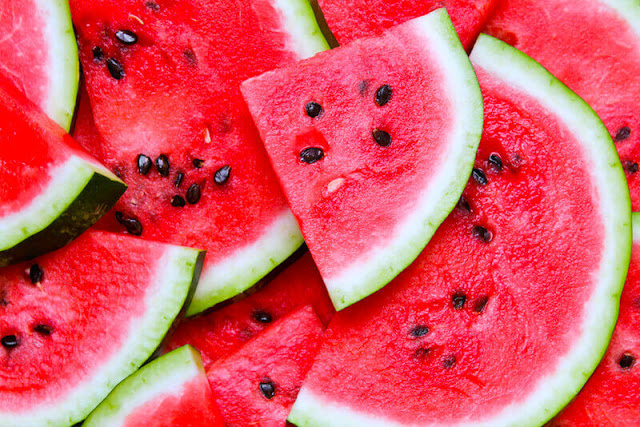5 Best Benefits of Watermelon Seed

Well, have you wondered if you need to eat some watermelon seeds? Or if it is important to eat some? Well, research have it that the more watermelon seeds you eat, determines how much nutrition you reap from it. However, just because they are quite tiny, the intake must be high so as to have noticeable effects and considerable benefits.
However, when you compare their nutritional value to that of other snacks out there, watermelon seeds come out far ahead.
At this point, it will be important for us to consider some few benefits of this Fruit seeds.
1. It contains Magnesium
Magnesium is popularly known to be essential for many of the body’s metabolic functions. It is required to maintain nerve and muscle function, as well as immune, heart, and bone health. One of several minerals found in watermelon seeds is magnesium.
In a 4 gram serving, you’ll get 21 mg of magnesium. The FDA recommends adults get 400 mg of this mineral daily.
2. It Reduces Calories
The calories in watermelon seed is not much lower than an ounce of potato chips which is 160 calories per lay, because One ounce of watermelon seeds contains approximately 158 calories.
But looking closely at how ounce are been measured, there are over 400 watermelon seeds in a single ounce, far too many to eat in one sitting.
However, there are only 15 potato chips in an ounce, funny right? far less than most people would normally eat in one sitting.
A large handful of watermelon seeds weighs about 4 grams, which contains about 56 seeds and just 22 calories. Far less than a bag of potato chips!
3. It Contains Iron
Cucumber contains iron which is said to be an important component of hemoglobin because it helps in carrying oxygen through the body. A handful of watermelon seeds contains about 0.29 mg of iron.
Although it might seem small, but the FDA only recommends adults get 18 mg in their day. It also helps your body convert calories into energy.
4. It contains Folate
Cucumber also contains folate, which is popularly known as folic acid or vitamin B9.
It’s said to be very important and necessary for proper brain function according to research and it also works to control homocysteine levels.
There are 2μ of folate in a single serving of watermelon seeds. The FDA recommends adults get 400μ each day. Women of childbearing years need even more, since folate deficiency has been associated with certain neural tubal birth defects.
5. It Provides Good Fats
According to the American Heart Association (AHA), the fats found in watermelon seeds are said to be very useful in the protection against heart attack and stroke, and lowering levels of “bad” cholesterol in the blood.
Watermelon seeds also provide a good source of both monounsaturated and polyunsaturated fatty acids — 0.3 and 1.1 grams.
Well, from this few benefits, why don’t you try eating some of the seeds of watermelon available in your community.
